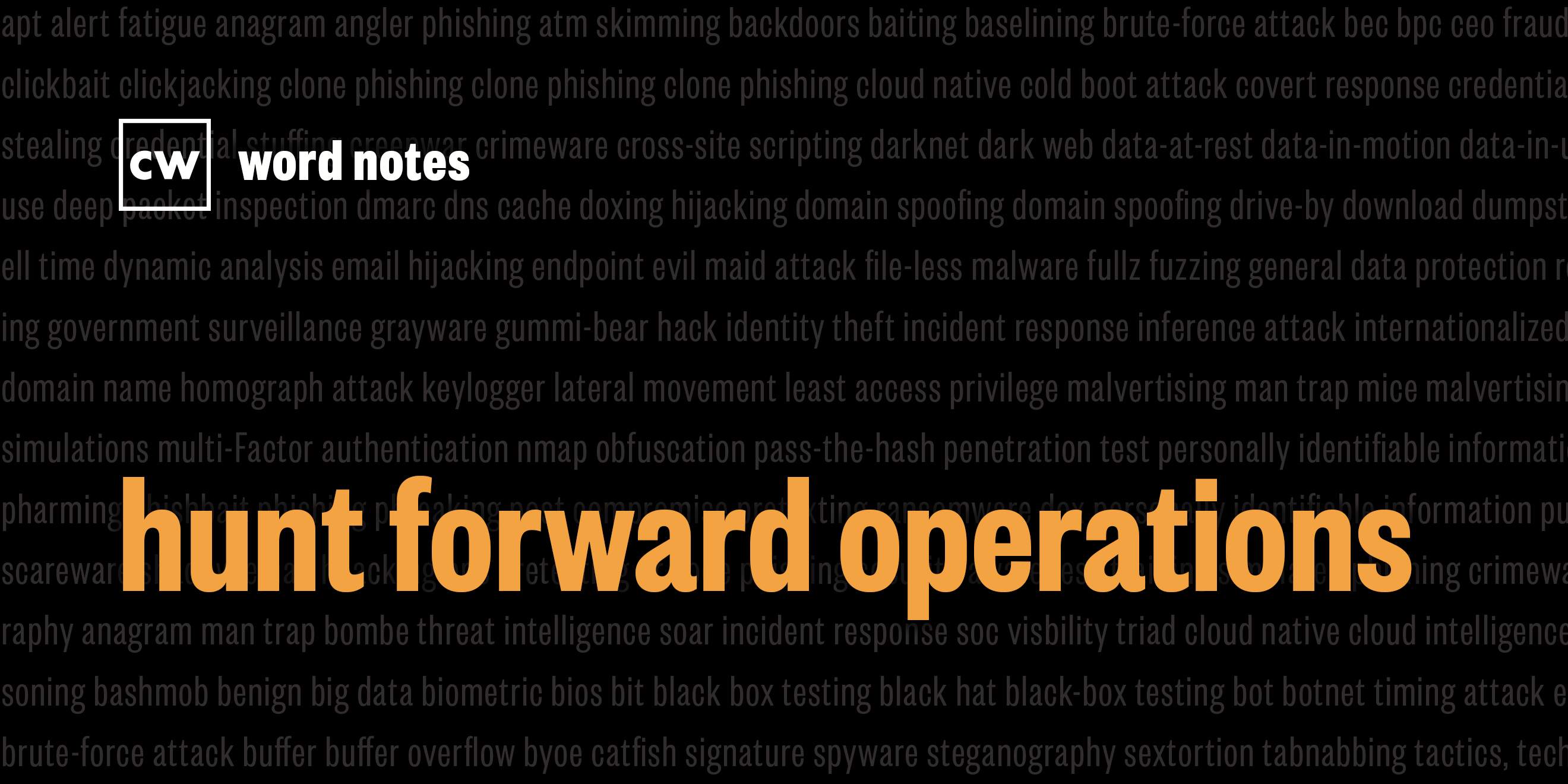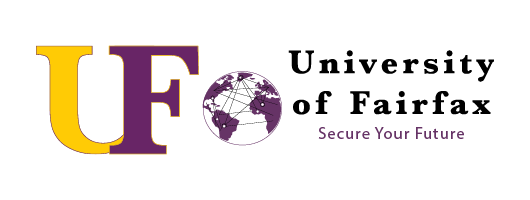
hunt forward operations (noun)
Rick Howard: The word is: Hunt forward operations
Rick Howard: Spelled: Hunt as in to pursue, forward as in ahead, and operations as in organized campaign.
Rick Howard: Definition: Defensive cyber operations carried out by U.S. Cyber Command's Cyber National Mission Force, CNMF at the request of allied nations.
Rick Howard: Example sentence: The hunt forward operation allowed cyber command's analysts to discover Russian malware on the allied government's network.
Rick Howard: Origin and context: Since 2018, Cyber Command has conducted more than 24 hunt forward operations or HFOs, in which the host country receives U.S. assistance to help defend its networks, while Cyber Command can gather information on adversary activities and share this intelligence with other U.S. Government agencies and the private sector. Cyber Command said in a press release, "while abroad, CNMF operators sit side by side with partners and hunt for vulnerabilities, malware and adversary presence on the host nations networks. USCYBERCOM shares insights from the HFO with the host nation, other government agencies like the Federal Bureau of Investigation, the FBI, and the Department of Homeland Security, DHS, as well as private industry. These operations generate return on investment for the public because they bolster homeland and network defense while exposing adversary tactics, techniques and procedures before they can be used against the United States."
Rick Howard: Nerd Reference: In 2022, General Paul Nakasone, Commander of the U.S. Cyber Command, Director of the National Security Agency, and Chief of the Central Security Service gave the keynote speech at the Vanderbilt Summit where he talked about the benefit of hunt forward operations.
Rick Howard: As we take a look at it from the perspective of U.S. Cyber Command and the National Security Agency, we look at the area of being able to contribute in a continuum action as being one that rests on two different ideas. First of all, this idea that came out in the 2018 Department of Defense Strategy, defend forward. How do we as a force operating outside the United States be able to be an active, as opposed to a passive approach to our adversaries?
Rick Howard: Being able to identify malicious behavior, being able to share information with our partners, being able to take action when necess. The other piece that I would tell you is this, also this idea persistent engagement at U.S. Cyber Command. What is persistent engagement? The idea that we're both gonna enable and act, enable our partners with information, sharing of trade craft, and act when authorized, defensively, offensively, informationally. What does that do? It provides, first of all, a security for our nation and cyberspace. It provides an inoculation of these threats, and it provides a partnership with a nation that has asked us for assistance.
Rick Howard: Word Notes is written by Tim Nodar, executive produced by Peter Kilpe, and edited by John Petrik and me, Rick Howard. The mix, sound design, and original music have all been crafted by the ridiculously talented Elliott Peltzman. Thanks for listening.

